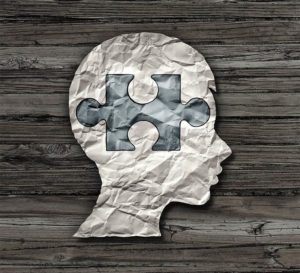Birth Injuries Caused by Brain Damage Occurring Shortly after Birth
Cerebral palsy is a neurological disorder that was once thought to be a freak occurrence. With the advancement of medical knowledge, we now know that this condition is generally caused by damage to a child’s developing brain.

Brain Damage Occurring after Birth
The developing brain of a newborn child is a delicate organ that is sensitive to external perturbations and trauma, as well as biological and physiological changes.
While the majority of children who develop cerebral palsy suffer a brain injury during pregnancy or delivery, a brain injury occurring after the child’s birth may also lead to the development of CP.
This can include head injuries caused by a fall or other blunt force trauma, as well as hypoxia or the lack of oxygen (blood flow) to the child’s brain for even a few minutes due to strangulation, asphyxiation, or other causes.
Failure to Incubate Premature Child Immediately
Some babies who are born pre-term may have difficulty breathing on their own, which necessitates them being placed in an incubator; an oxygen-rich environment which will provide them with the environmental conditions needed to further-develop and grow stronger over the next month or so.
Preemies are very sensitive to the external environment, so if doctors or presiding nurses don’t make an executive decision in a timely manner to have the baby be placed in an incubator, they could suffer from serious injuries — including the development of cerebral palsy.
Post-Labor Infections
The environment in a delivery room is meant to be relatively sterile. This is especially true when it comes to doctors and their medical instruments. Instruments must be sterile, and doctors and nurses are required to adequately prep for surgery so they can help deliver the child without placing the mother or the child at risk of infection.
With a baby’s weak and susceptible immune system, it is easy for them to contract an infection while at the hospital which can be difficult to manage. Infections of this nature can affect the child’s developing brain, especially if the infection leads to meningitis (inflammation of the outer membrane covering the brain).
Contusions and Head Injuries
Another way in which a child may develop cerebral palsy after birth is if they suffer an injury due to being mishandled by medical staff. The baby’s head is sensitive, soft, and pliable shortly after birth. This means that they must be held carefully, making sure to support the head.
Any blunt force trauma to a young child’s head can be a serious and sometimes deadly affair with the potential to cause permanent damage to the child’s developing brain. The same goes for certain types of infections, illnesses, or hypoxic events.
